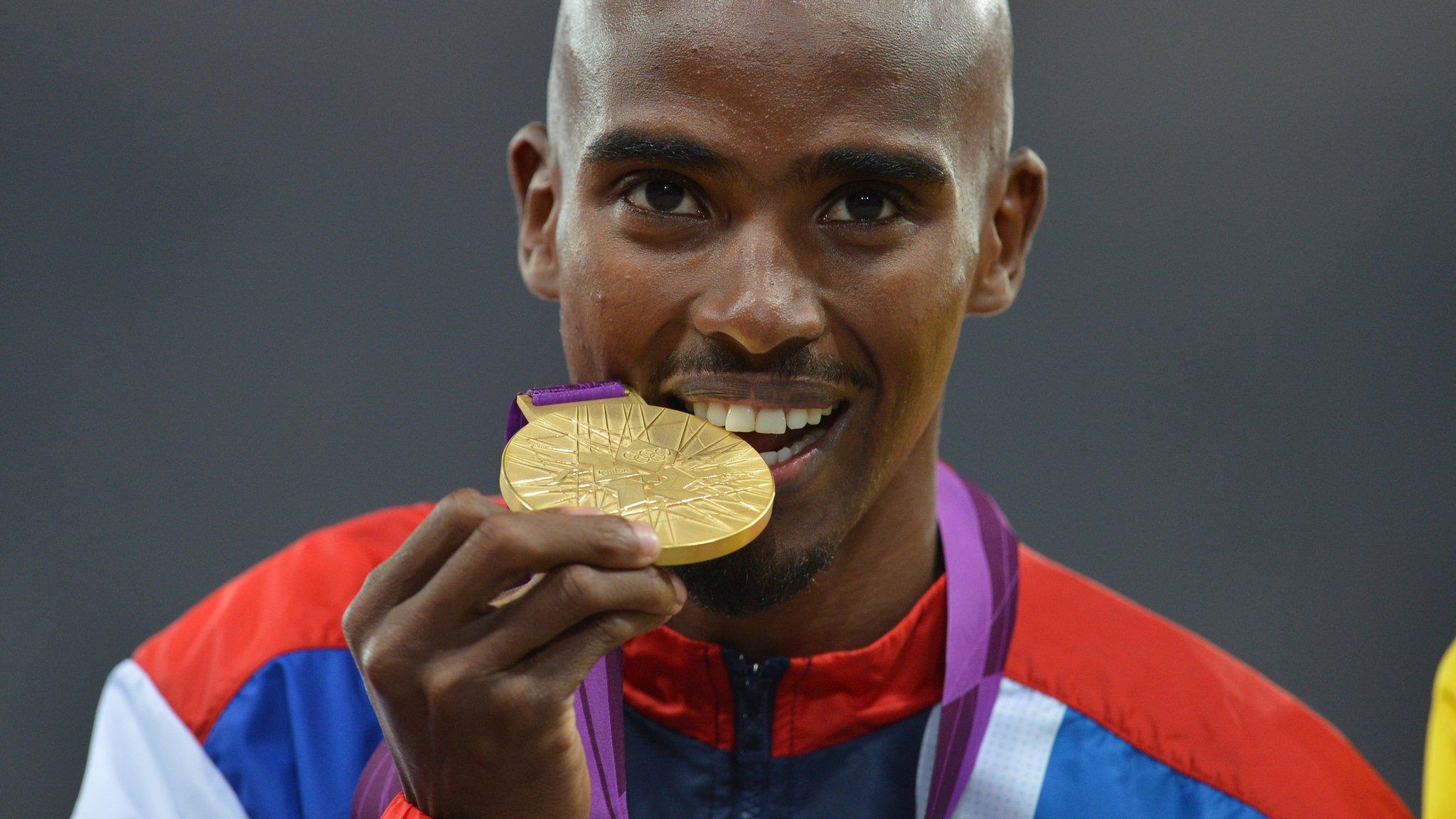Dentists aim for drill-free future
- Published
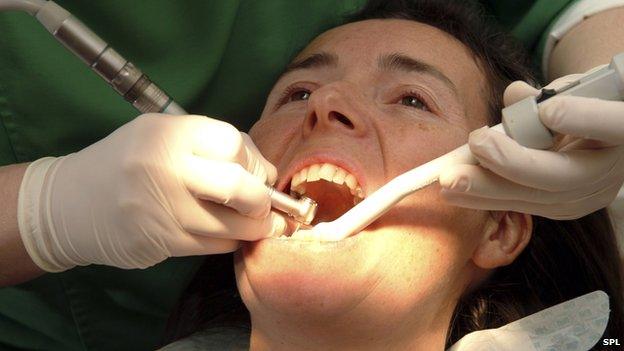
A new idea to encourage teeth to repair themselves may see the end of the fear-inducing sound of the dentist's drill, researchers say.
Researchers at King's College London believe electricity can be used to strengthen a tooth by forcing minerals into the layer of enamel.
They hope it will get rid of the need for drills, injections and fillings.
A company has been set up to bring the technique to the dentist's chair in the next three years.
Minerals such as calcium and phosphate naturally flow in and out of the tooth. Acid produced by bacteria munching on food in the mouth help leach minerals out.
The group at King's apply a mineral cocktail and then use a small electric current to drive the minerals deep into the tooth.
They say "Electrically Accelerated and Enhanced Remineralisation" can strengthen the tooth and reduce dental caries - areas of tooth decay.
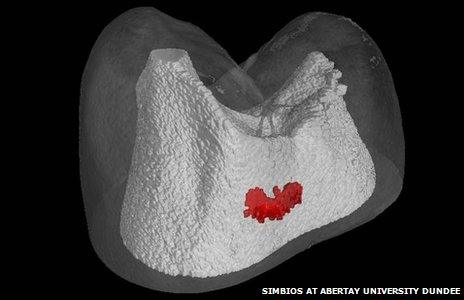
Tooth decay before treatment
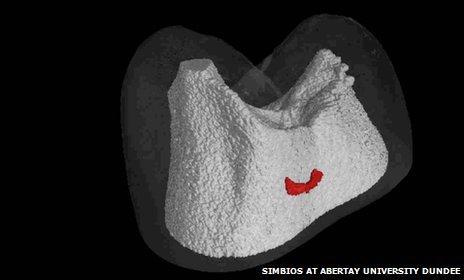
Tooth decay after treatment
This is the launch of a company - Reminova - which will be based in Perth, Scotland.
There is no device to see and due to confidentiality there has been no published evidence of the technique's effectiveness in medical journals.
Prof Nigel Pitts, one of the inventors and an investor in the new company, told the BBC: "This is early stage - you don't start with the finished product - but we're excited because we think it is groundbreaking.
"We have set up a company to convert it from a demonstration technology into a viable commercial product that we can put into the hands of dentists around the world."
He said the technology had the potential to replace the need for many existing fillings, but could not tackle large "end-stage" cavities.
"What it wont do is physically re-grow a tooth," he added.
- Published18 November 2013
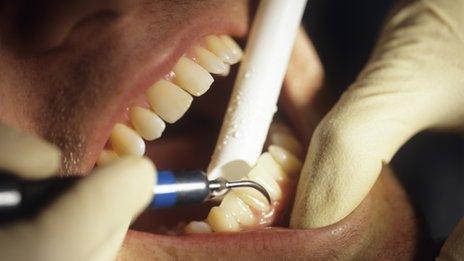
- Published5 April 2014
